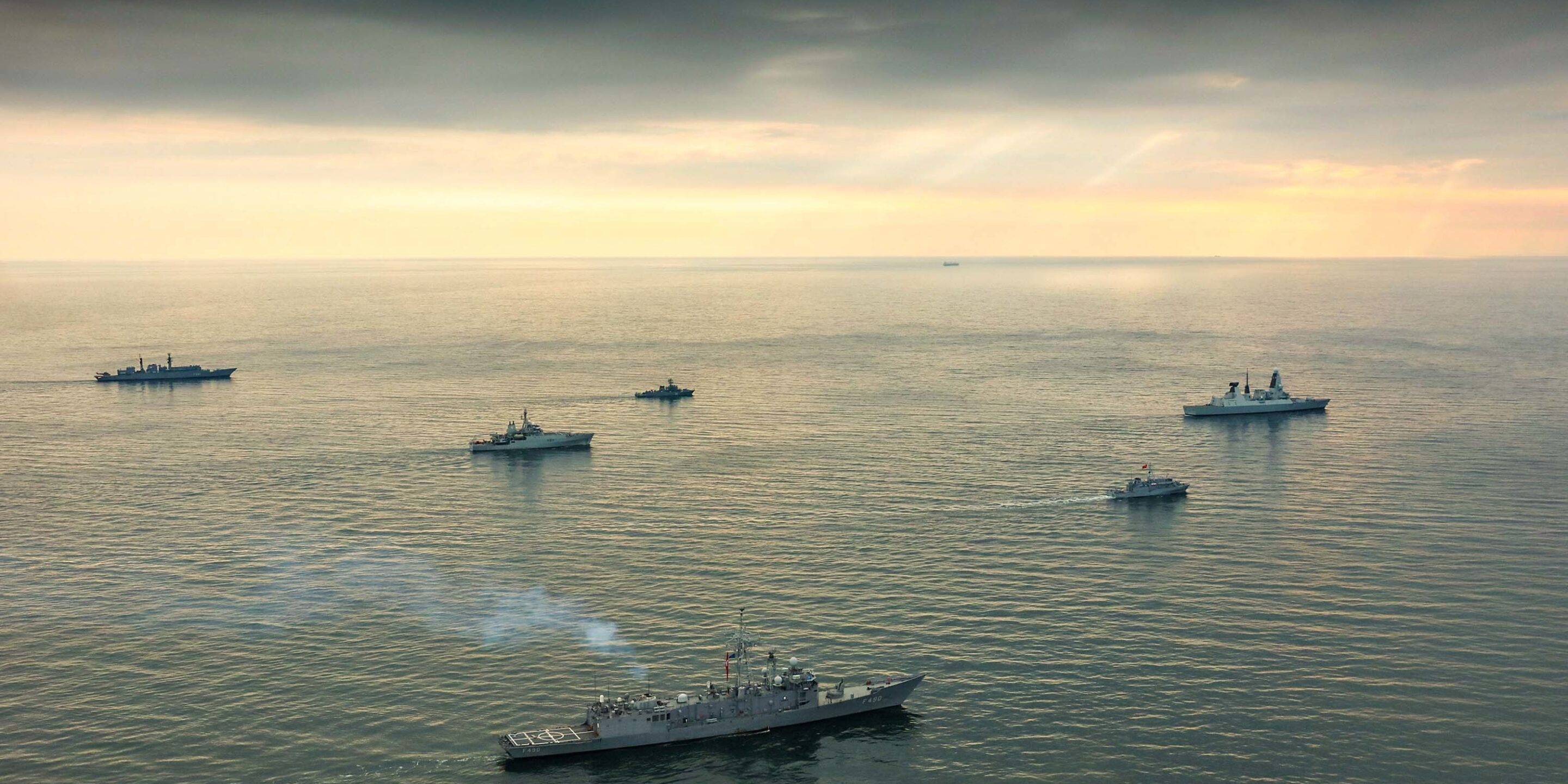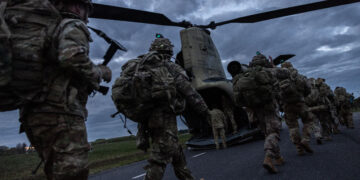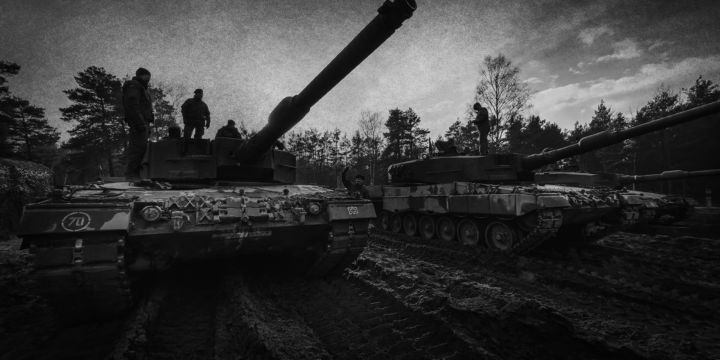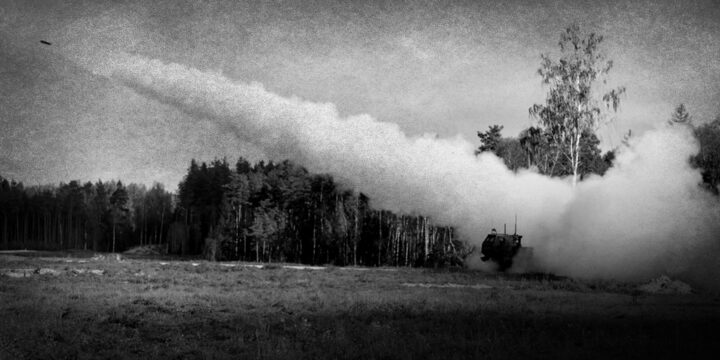July 14, 2023
Europe keeps acting like it can’t defend itself against Russia
By Rajan Menon

Since President Vladimir Putin’s invasion of Ukraine, the narrative of American and European officialdom has been that Russia, a predatory state, is bent on dominating its neighbors, constituting a grave military threat to all of Europe. Finland’s and Sweden’s decisions to join NATO bolster this proposition, and the alliance appeared to accept it at face value during its summit this week in Vilnius, Lithuania.
The consensus in the West was that Putin had transformed the Russian Army into a formidable fighting machine—an assessment exemplified in an Economist headline in late 2020, “Russian Military Forces Dazzle After a Decade of Reform.”
In fact, the Russian military’s performance in Ukraine has been anything but dazzling. Despite a $650 billion modernization drive that kicked off in 2010, it has witnessed surprisingly high equipment losses, tens of thousands of casualties, continual logistical failures and bungled combined arms operations. And yet Europe acts as if it does not have the ability to stave off a Russian attack, continuing to turn to the United States for military backing. At the Vilnius summit, Washington’s allies pledged, as they did nearly a decade earlier, to increase their military spending. But there are differences among them over whether that figure ought to serve as a ceiling or a floor, among other things.
More on Europe

By Jennifer Kavanagh and Dan Caldwell
July 9, 2025

By Dan Caldwell
July 6, 2025
Featuring Jennifer Kavanagh
July 3, 2025

Featuring Jennifer Kavanagh
July 3, 2025

July 2, 2025
Events on Europe and Eurasia




